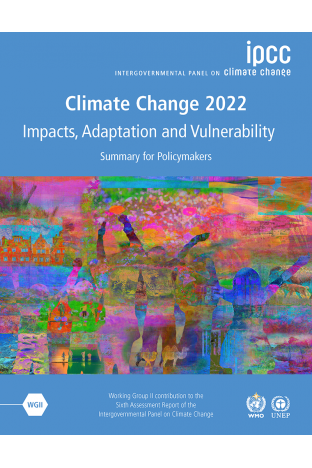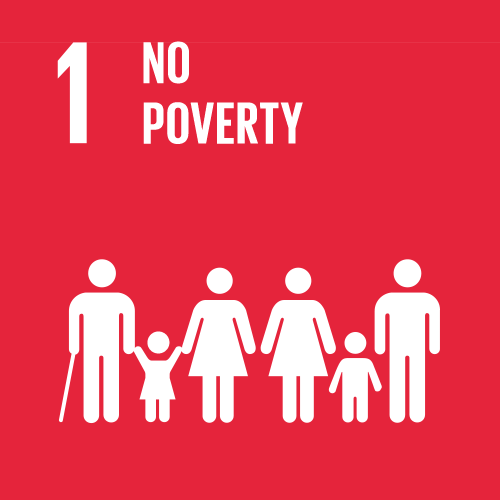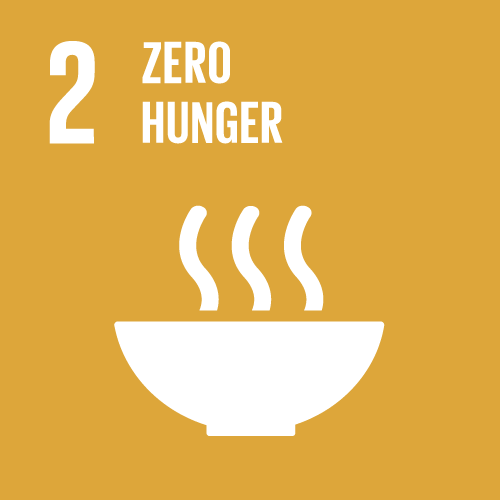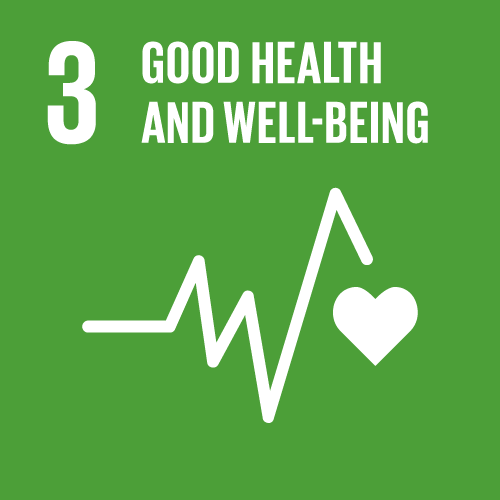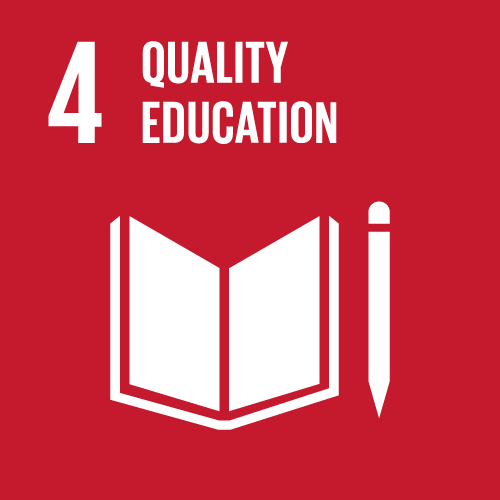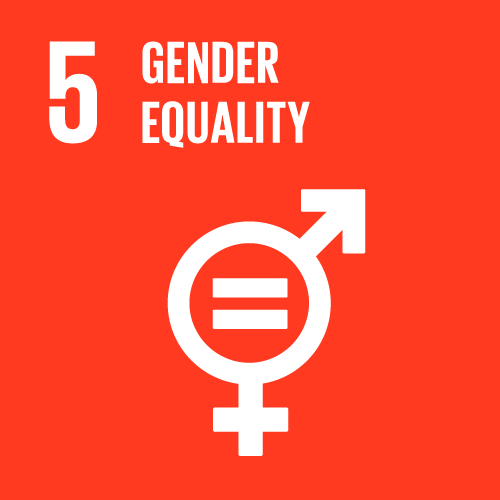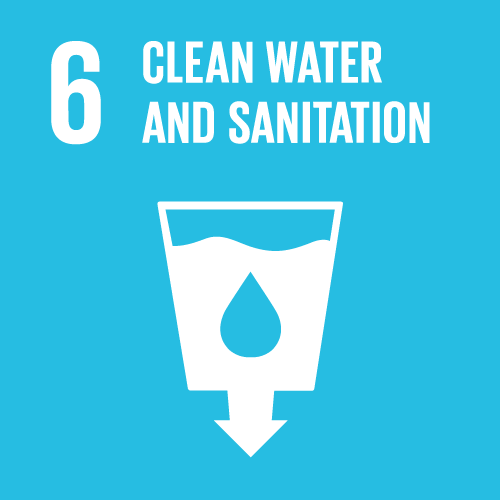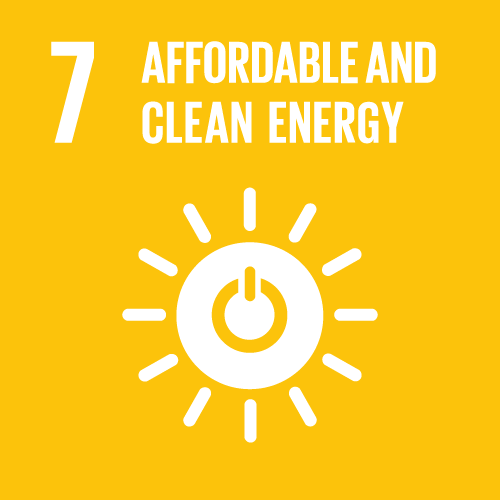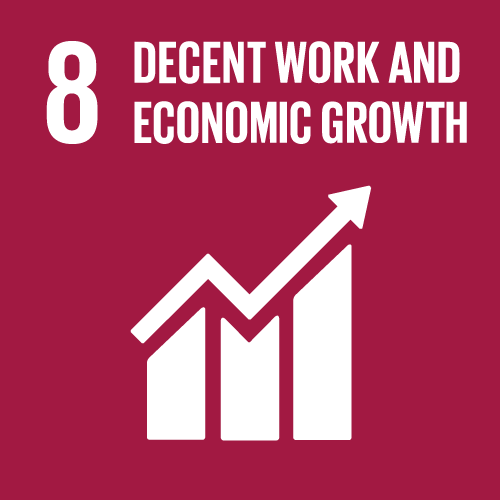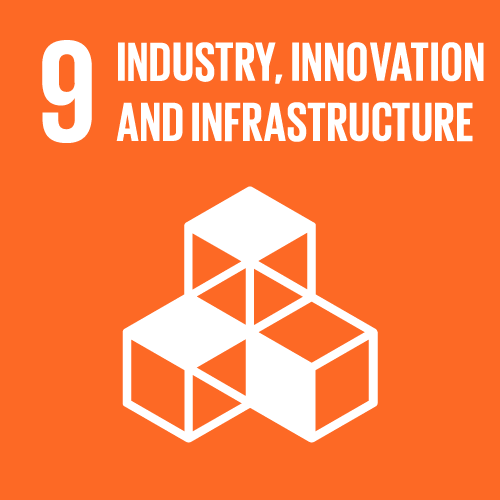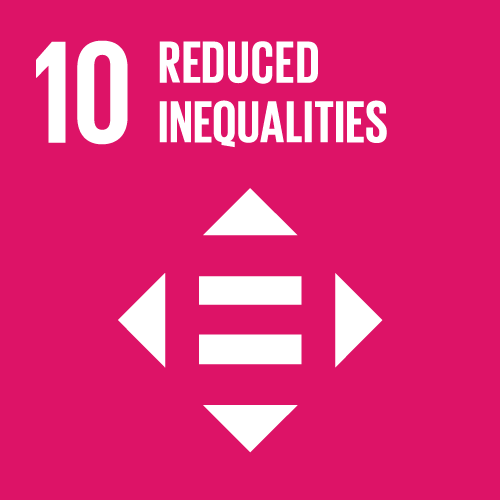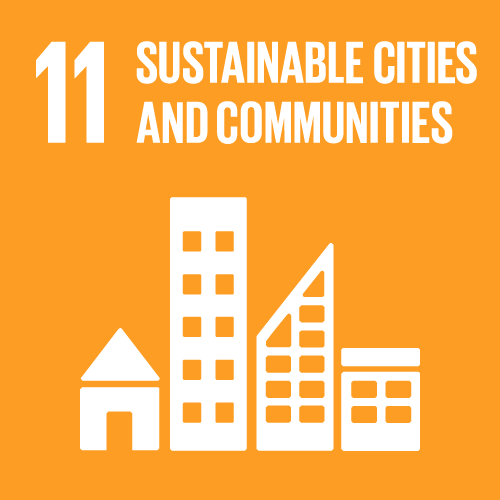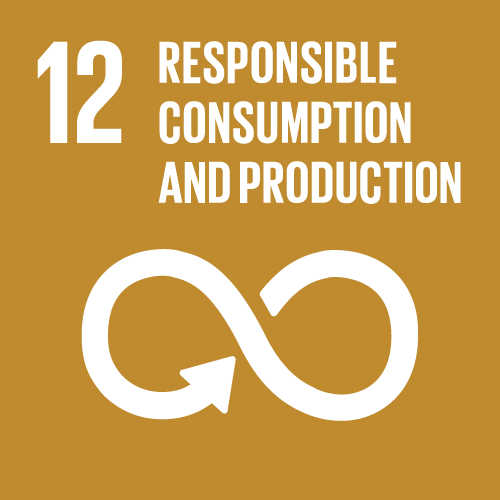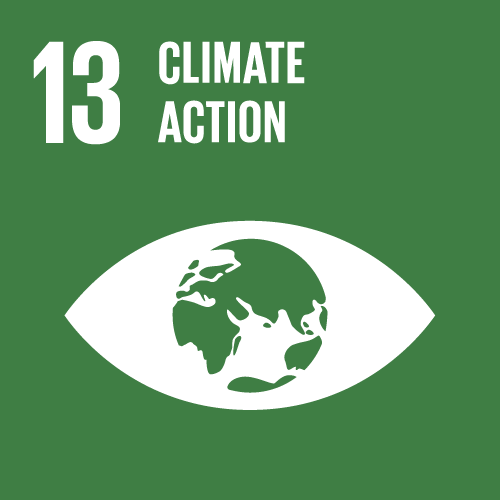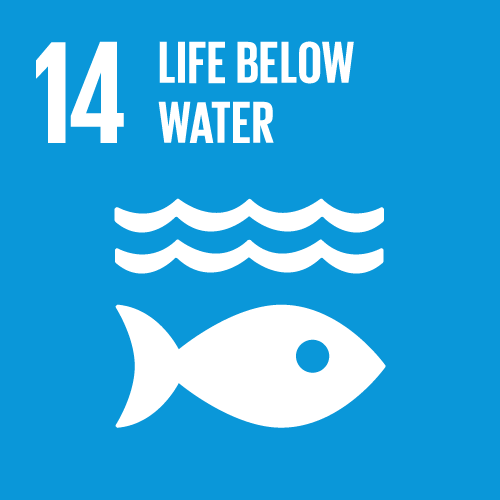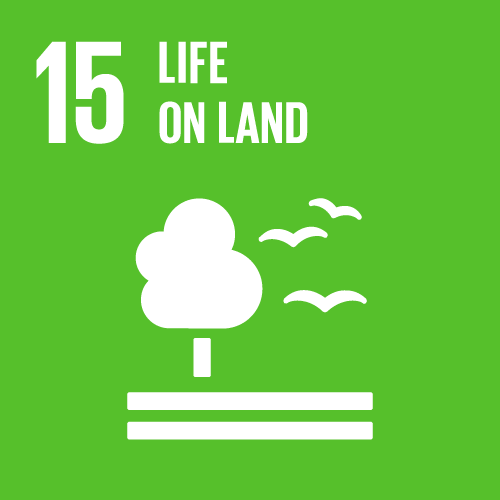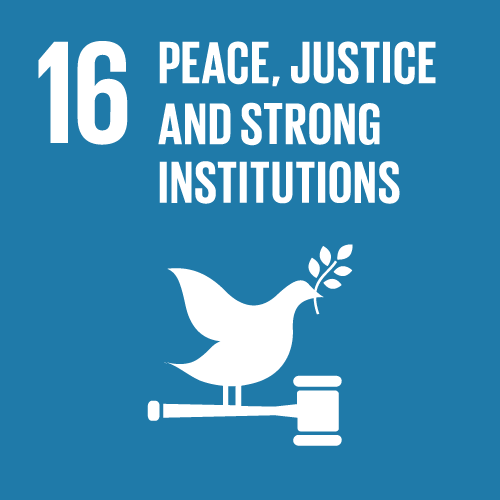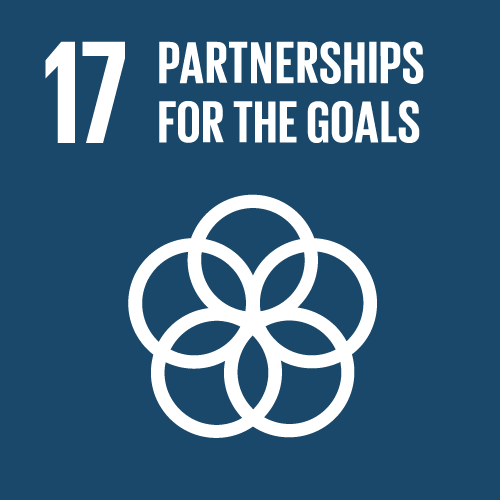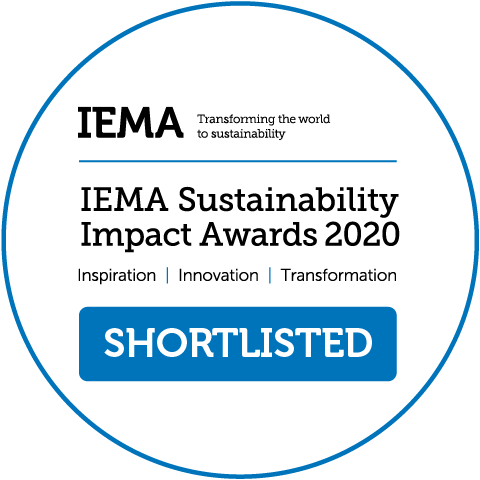
Summary of latest UN Climate Change report
2nd part of the latest Intergovernmental Panel on Climate Change (IPCC) report
Climate crisis and war in Ukraine
The release of latest UN Climate Change report was eclipsed by the war in Ukraine, despite its alarming conclusions for our civilisations because of the worsening of the climate breakdown. Both crises are fed by the same ingredient: the fossil fuel industry.
⬤ Our global climate system is wrecked by the GHG emissions resulting from using fossilised energy.
⬤ Western countries and others* finance the Russian war against Ukraine by paying millions to buy its fossilised energy.
Reducing our energy consumption and transitioning to renewables have never been more crucial.
*EU itself pays around 650 million euros by day to purchase Russian gas, dwarfing all other measures to help Ukrainians. More at https://www.lemonde.fr/idees/article/2022/03/15/guerre-en-ukraine-il-faut-tarir-le-financement-de-la-guerre-de-terreur-menee-par-la-russie_6117608_3232.html
Report’s findings
The conclusions of this analysis are frightening: they demonstrate that the current trend, BAU (business as usual), is threatening the stability of our societies with its cohort of extreme weather events, food insecurity, water shortage and other resources scarcity.
However, there is still hope to curb this trend. Mitigation and adaptation solutions are within reach and can be effective if we act swiftly.
About this report
At the end of February, the second part of the latest Intergovernmental Panel on Climate Change (IPCC) report was issued.
With 270 contributing scientists and 34,000 scientific papers as its basis, the report is the most up to date and largest scientific consensus on the impact, adaptation, and vulnerability of human societies and ecosystems to climate breakdown.
Key points from the second part of this report
Human and natural systems impacted by more frequent extreme weather events
Aquatic, terrestrial, coastal, and marine ecosystems are all suffering significant losses, with half of the living species studied already migrating to avoid the effects of global heating. Furthermore, half of the world's population already faces water constraints, and food shortages are becoming more common. Climate breakdown has a negative impact on human health as well as on the economy in the most vulnerable sectors, such as agriculture, forestry, fishing, energy, and tourism.
Half of the world’s population impacted by climate breakdown – latest UN report finds
3.3 to 3.6 billion people are living in contexts vulnerable to climate change.
Protecting ourselves by protecting ecosystems
75% of our planet’s land has been altered by human activity. These changes, however, pose a hazard to ecosystems and, in turn, put us at risk. The report demonstrates how climate, ecosystems, biodiversity, and human societies are all interconnected, by protecting ecosystems we protect ourselves. Globally only 15% of land, 21% of freshwater habitats, and 8% of oceans are currently protected.
Respecting our targets: every tenth of a degree count
Short-term actions to keep global warming below 1.5°C would minimise the expected losses and damages to human systems, operations and economies significantly. We are already at 1.2°C of warming, with a strong probability of the Amazon becoming a savannah if we reach 1.5°C.
The Paris Agreement's 1.5°C target could be exceeded as early as 2025, and current government pledges would result in a temperature of +3°C.
Social justice is linked to climate justice
The vulnerability of populations and ecosystems to climate disruption varies greatly between regions and even within the same region, Europe being included in these vulnerability zones. It is also relative to society's vulnerability, level of development, inequities, and inclusion. Women, children, the elderly, indigenous populations, low-income households, and socially marginalised groups are the most vulnerable in cities, regions, and countries. For the first time in this report, the IPCC acknowledges that the historical pattern of colonialism still has effects for some groups today.
The cost of maladaptation
Some places have established ineffective adaptation strategies, if at all, according to the report, which will exacerbate global heating. Most crucially, the paper highlights how today's "unsustainable" growth practises are putting ecosystems and humans at risk from climate change. As a result, successful solutions will inevitably incorporate equitable and just development, with a focus on knowledge exchange, particularly indigenous knowledge.
Taking action now
What should we do?
The good news is that there are effective and feasible adaptation options that can decrease risks and ensure a more secure future for all, but we must act quickly. Three actions must be taken:
- Reduce our global emissions by 50% before 2030.
- Increase the pace of adaptive measures, which are currently insufficient.
- Assist the most vulnerable countries in their adaptation efforts.
How should we do it?
In April 2022, the IPCC's Working Group III will produce the third and last section of the report, which will focus specifically on mitigation. However, in the meanwhile, here are a few of their suggestions:
- Develop wetlands and forests
- 30 to 50% of land and water areas must be restored and protected "effectively and equitably"
- Transition away from fossil fuels and toward renewable energy sources along with diminishing the energetic consumption
- Develop agroecology and responsible food systems
What can YOU do?
This decade is critical for ensuring a future that is liveable and equitable. It is essential to mobilise and carry out concrete actions right now! Europe will not be spared and will be forced to adjust to more intense and frequent impacts such as severe heat waves, reduced agricultural yield, coastal and river flooding, and dwindling water resources (especially in southern Europe).
Climate-resilient development is feasible when governments, civil society, and the private sector choose inclusive development that prioritises risk reduction, equity, and justice. Without social justice, there can be no ecological transition.
Despite the severity of the facts highlighted in this report, we may still decrease the repercussions if we take bold and quick action. At the SUSTAINABITY INSTITUTE, we would like you to turn any sense of uncertainty or worry you may feel into action, as we believe hope lies in action. Our mission it to help you transition towards sustainable mindsets and cultures. Whether you are a private or a public company, an individual or part of a community, we can provide you with knowledge and insight to motivate change for our society to thrive.
CONTACT US ABOUR YOUR SUSTAINABILITY TRANSFORMATION
Tags: Blog, Springer Nature Sustainability Community blog, Latest UN Climate Change report summary, IPCC, United Nations

